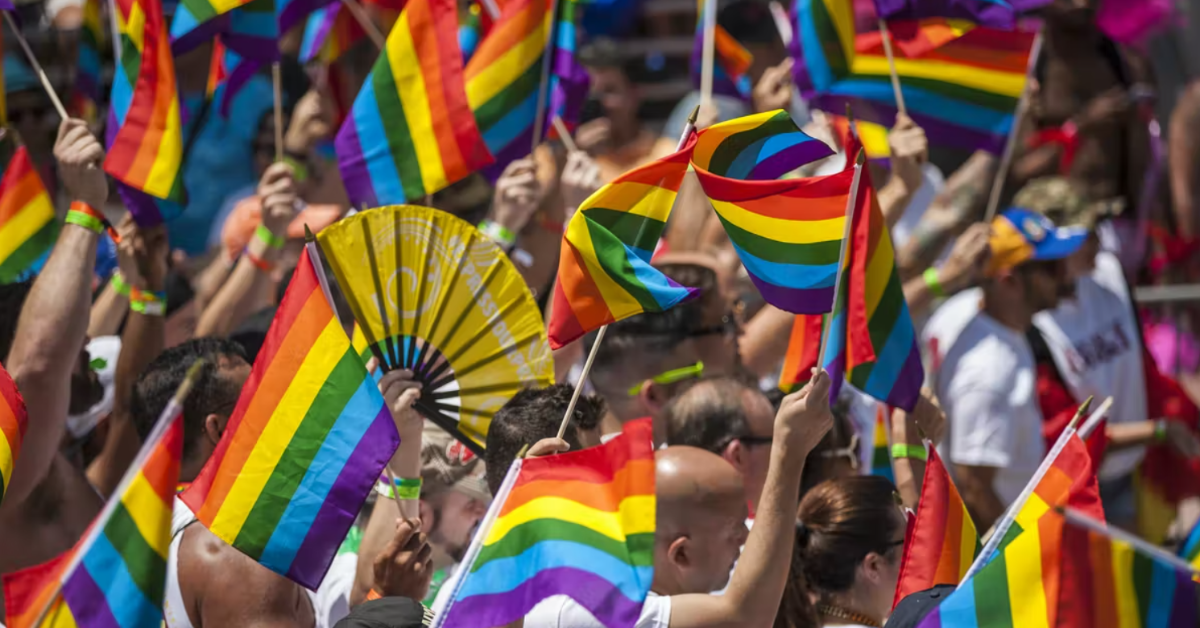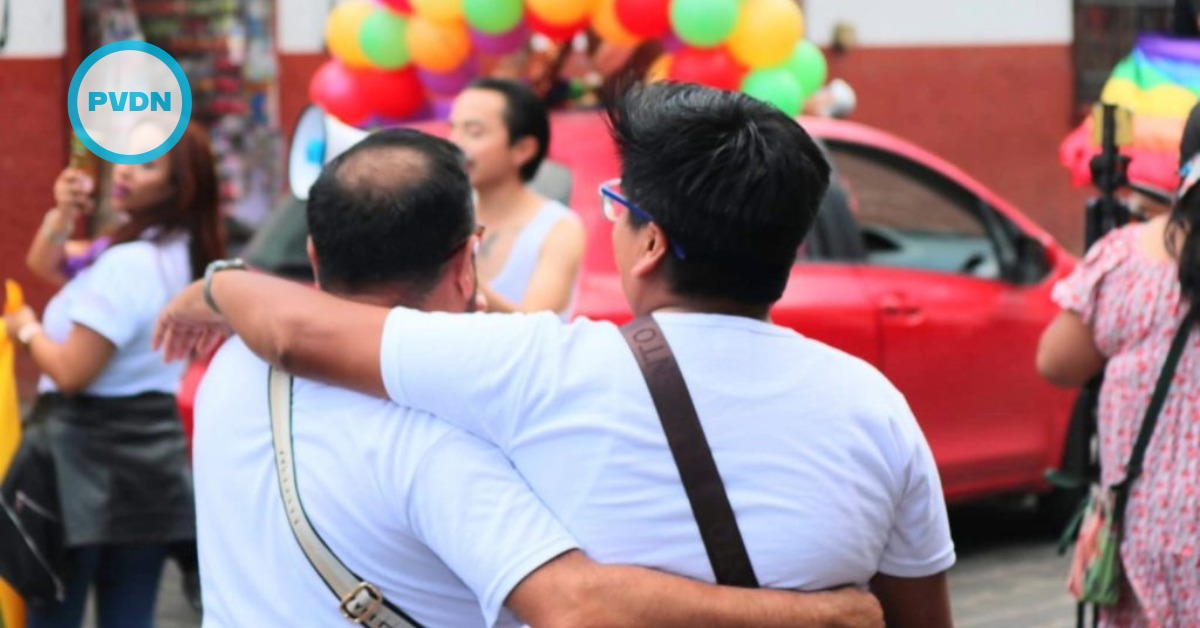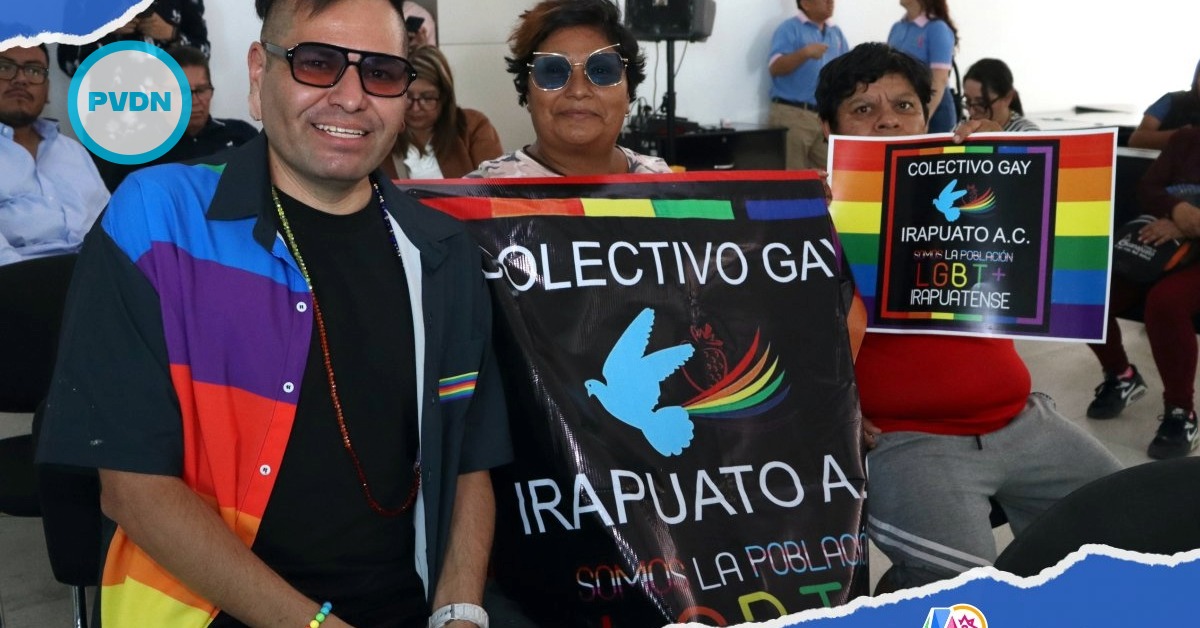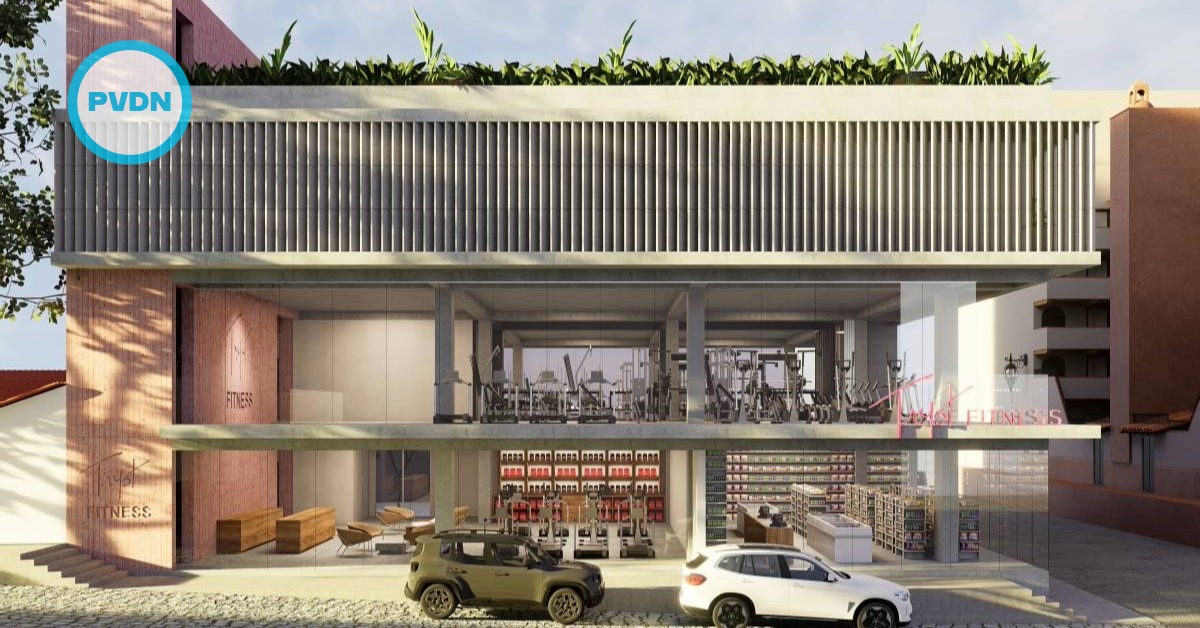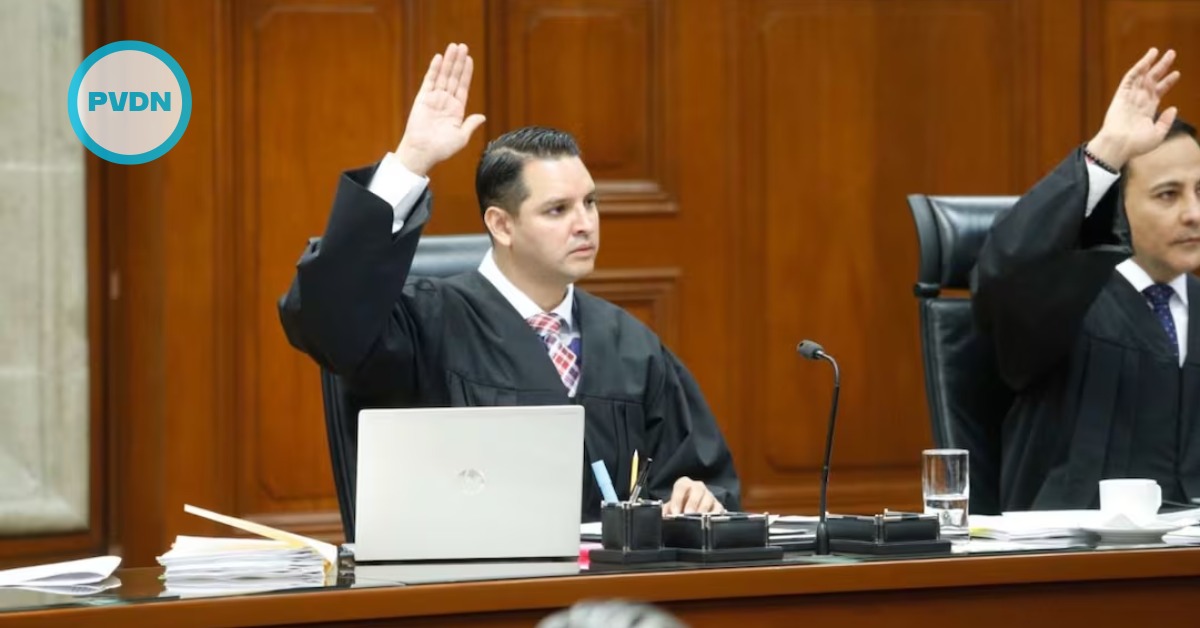Puerto Vallarta thrives on LGBTQ tourism, with inclusive policies and global events like Vallarta Pride driving nearly 40% of the local economy.
Puerto Vallarta has long been known for its stunning coastline, laid-back vibe, and Mexican charm. But over the past two decades, this Pacific destination has also carved out a reputation as one of the most inclusive and economically dynamic cities in the country—thanks in large part to the rise of LGBTQ tourism.
Nestled between the Sierra Madre Mountains and the Pacific Ocean, Puerto Vallarta has become a . . .


